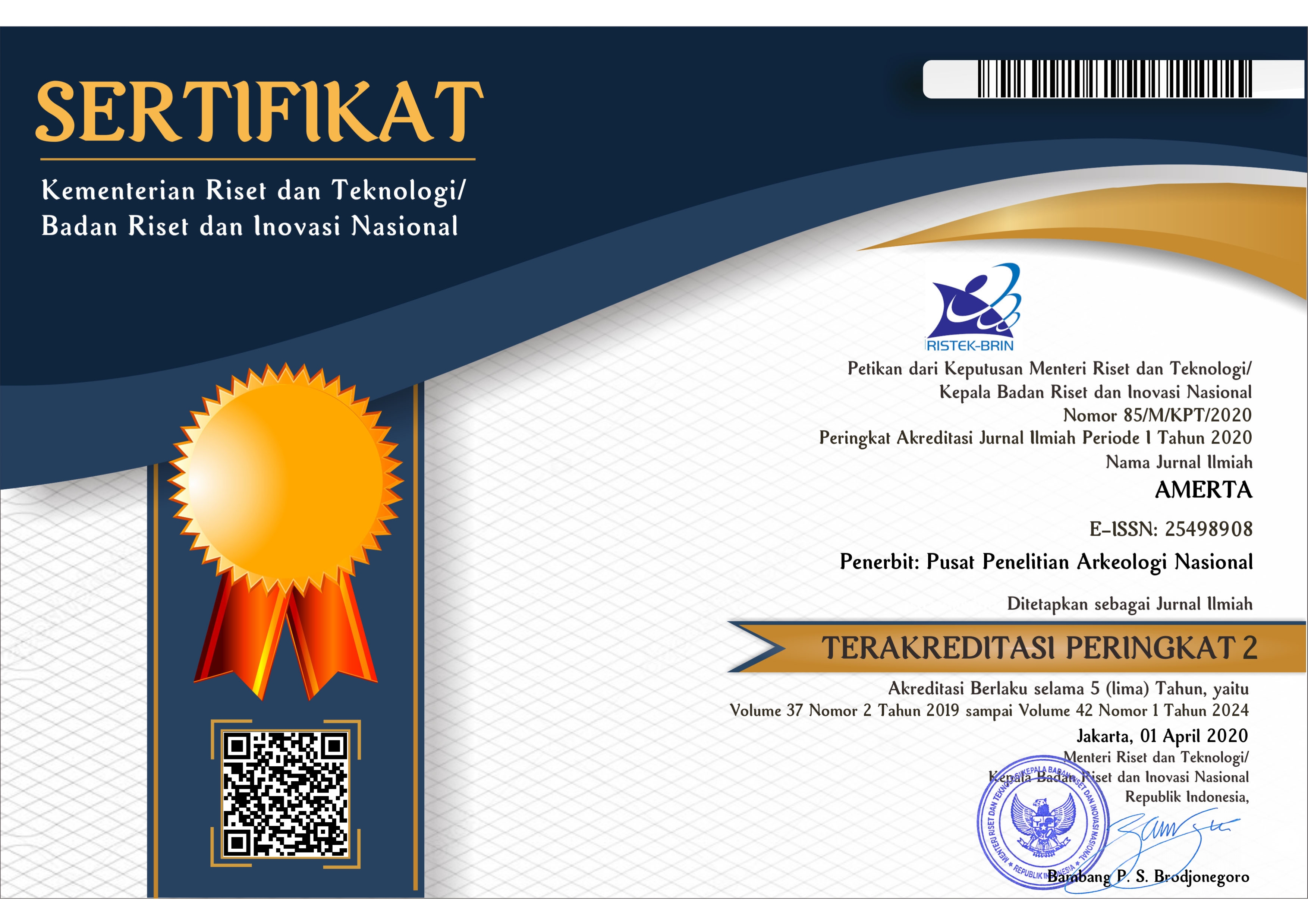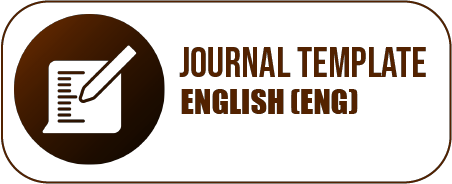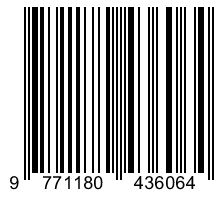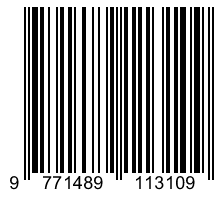About the Journal
AMERTA is a scientific journal published by The National Research and Innovation Agency, published twice a year, designated as an accredited scientific journal with SINTA 2 rating, with certificate No.85/M/KPT/2020 from the Ministry of Research and Technology/National Research and Innovation Agency.
Starting at volume 40 number 2 December 2022, an objective of AMERTA is to promote the wide dissemination of the results of systematic scholarly inquiries into the broad field of archaeological research in proto-history and history chronology themes in Indonesia’s archipelago. The primary, but not exclusive, audiences are researchers, academicians, graduate students, practitioners, and others interested in archaeological research.
AMERTA accepts original articles on historical archaeology-related subjects and any research methodology that meet the standards established for publication in the journal. Papers published in the journal may cover a wide range of topics in historical archaeology, including, but not limited to:
• Field of archaeological findings in Indonesia’s Proto History, Hindu-Buddhist, Islamic, and Colonial periods;
• New theoretical and methodological analyses;
• Synthetic overviews of topics in the field of historical archaeology.
The primary criterion for publication in AMERTA is the significance of an article's contribution to the development of historical archaeology in Indonesia. The acceptance decision is based on an independent review process that provides critically constructive and prompt submitted evaluations.







